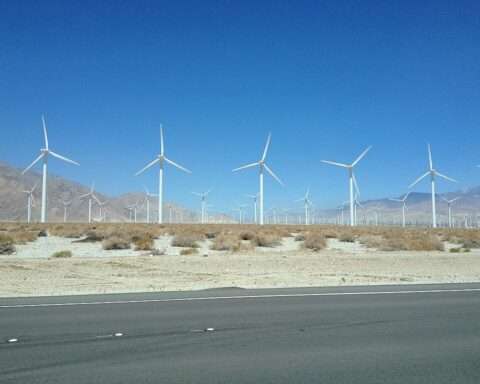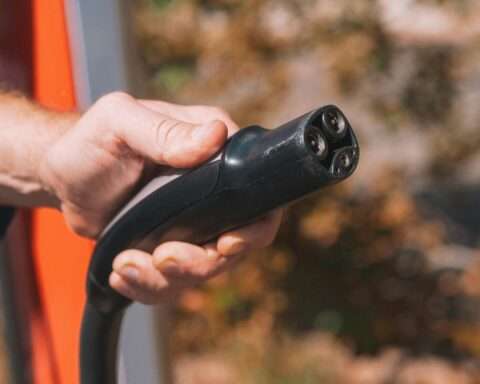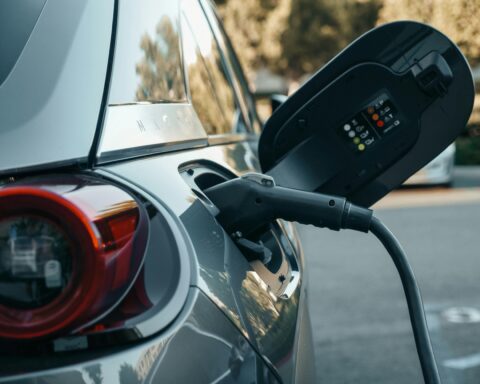The U.S. Department of Transportation’s (DOT) Federal Highway Administration (FHWA), in collaboration with the Joint Office of Energy and Transportation, has issued a Request for Information (RFI) seeking input on electric vehicle (EV) charging technology and infrastructure requirements for medium- and heavy-duty (MHD) vehicles. This portion of the transportation sector contributes 23% of greenhouse gas emissions even though it represents only 5% of the vehicles on the road.
The RFI is part of the administration’s goal of creating a national EV charging network that is convenient, affordable, reliable and U.S. made. It also seeks to reduce emissions in freight transportation by promoting the use of zero-emission commercial vehicles. In the National Blueprint for Decarbonization, the U.S. aims to have 30% of new medium- and heavy-duty vehicle sales be zero-emissions by 2030, with a goal of reaching 100% by 2040.
RELATED: California reaches milestone of 150,000 EV chargers
Manufacturers and operators of MHD EVs are rapidly increasing the number of such vehicles on the road. A January report shows that there are now over 160 models available and more than 17,500 zero-emission trucks in use — nearly 10 times the number being driven only three years ago. Causes for this uptick in MHD EV adoption include lower battery costs, better vehicle performance and range, and a greater awareness of the financial and environmental advantages of switching to electric power.
The RFI is requesting feedback in four key areas to support MHD EVs:
- Specific requirements for EV chargers and charging stations.
- Vehicle charging habits.
- Advancements in charging technology and standardization.
- Workforce, supply chain and manufacturing needs to support charging for battery-powered EVs in DOT vehicle classes four through eight, including delivery vans, school buses, semi-trucks, fire trucks, dump trucks and tour buses.
Responses gathered from the RFI will help the federal government, including the Environmental Protection Agency (EPA) and other agencies, understand how to support the growth and quick development of a national EV charging network that can keep up with fast-changing technology and infrastructure needs in freight and transportation. The main goal is to gather information on what types of federal standards might be needed following the release of the National Zero Emission Freight Corridor Strategy earlier this year.
The growing use of EV fleets, the need to tackle climate change and the low costs of owning EVs combine to make it an ideal time for federal investments through the Bipartisan Infrastructure Law and the Inflation Reduction Act. Both pieces of legislation aim to build up electrical generation, distribution and a charging network to provide clean, affordable and reliable energy.
Comments must be submitted by Nov. 12, with any comments received after the deadline being considered if possible. Instructions for how to submit comments are available in the Federal Register Notice.













